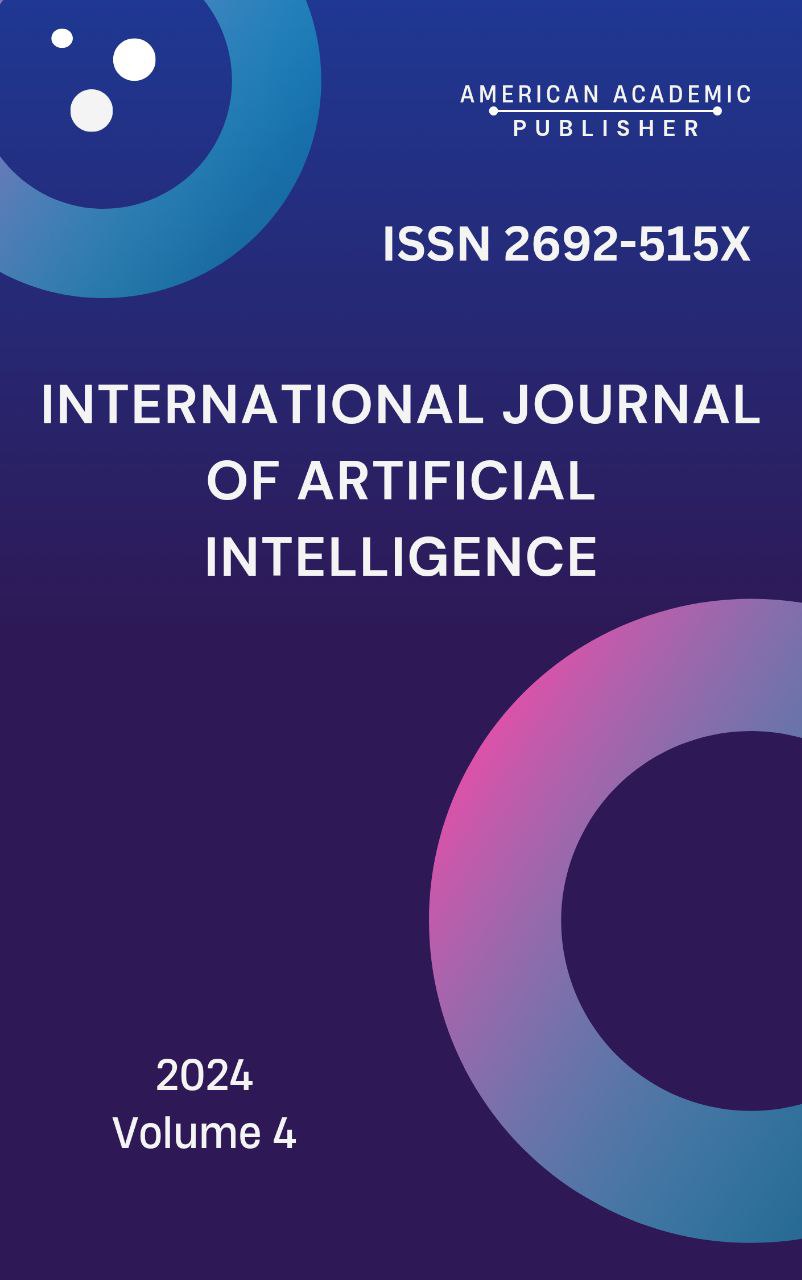 Articles
| Open Access |
Articles
| Open Access | UTKIR HOSHIMOV'S WORKS: MORAL INTERPRETATION OF PARENT-CHILD RELATIONSHIPS
Sharipova Shahrizoda Zarif kizi , Alfiraganus University 2nd year master’s degree student Teacher of Uzbek language at school No. 233 in Almazor districtAbstract
This article examines the moral and ethical aspects of parent-child relationships in O'tkir Hoshimov's literary works. Through comprehensive literary analysis, the study explores how the author portrays family values, moral obligations, and intergenerational relationships in Uzbek society. The research highlights the didactic significance of Hoshimov's works in understanding traditional family dynamics and their contemporary relevance.
Keywords
O'tkir Hoshimov, Uzbek literature, moral values, parent-child relationships, family ethics, didactic literature
References
Aliev, R. (2018). Modern Uzbek Literature: Themes and Perspectives. Central Asian Journal of Literature, 12(3), 45-62.
Johnson, M. (2020). Narrative Techniques in Central Asian Literature. World Literature Today, 94(2), 78-92.
Karimov, T. (2019). The Evolution of Uzbek Prose: A Critical Study. Tashkent: Academy of Sciences Press.
Petrova, N. (2021). Cross-Cultural Elements in O'tkir Hoshimov's Works. Slavic Studies Review, 33(1), 112-128.
Smith, J. (2019). Contemporary Central Asian Literature: A Comparative Study. Asian Literary Review, 15(4), 23-41.
Wilson, K. (2022). Family Dynamics in Modern Uzbek Literature. International Journal of Asian Studies, 18(2), 156-172.
Yusupov, A. (2020). Moral Philosophy in Uzbek Literature. Journal of Central Asian Studies, 25(1), 67-85.
Zakirov, M. (2021). Traditional Values in Modern Uzbek Prose. Eastern Literature Quarterly, 28(4), 89-104.
Article Statistics
Downloads
Copyright License

This work is licensed under a Creative Commons Attribution 4.0 International License.

